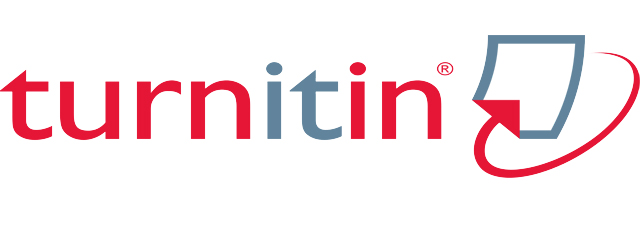Pemanfaatan Framework CodeIgniter dalam Pengembangan Sistem Informasi Pendataan Laporan Praktik Kerja Lapangan dengan Metode Rapid Application Development (RAD)
Abstract
Field Work Practices (PKL) or known as Industrial Work Practices (PRAKERIN) are a means for vocational high school students (SMK) to apply the knowledge they have learned and add insight into the world of work they will face in the future. One school must have more than one major, for distribution, data management and internship information are quite difficult without a well-integrated system. For this reason, an information system for data collection of internship reports is needed starting from placement, monitoring and evaluation. This system was developed using the Rapid Application Development (RAD) method. This method focuses on developing applications quickly through repetition and repeated feedback resulting in a very short development cycle. The results of the development of this system can of course help the school in terms of data collection and distribution of prakerin information to heads of departments, supervisors, and students.
Downloads
References
Rohman, A., & Herlawati, H. (2017). Sistem Informasi PraktikKerja Industri Pada SMK Taruna Bangsa Bekasi. Bina Insani ICT Journal, 4(2), 197-208.
Ekomartantoh, E. (2021). SISTEM INFORMASI MONITORING PRAKERIN (PRAKTIKKERJA INDUSTRI) BERBASIS WEBSITE PADA SMK ATTAQWA 01 TARUMAJAYA. Jurnal Visualika, 7(1), 71-88.
Safitri, S. T., & Supriyadi, D. (2015). Rancang bangun sistem informasi praktikkerja lapangan berbasis web dengan metode waterfall. Jurnal Infotel, 7(1), 69-74.
Febriyanti, S. R., & Melian, L. (2013). Rancang Bangun Sistem Informasi Prakerin (Studi Kasus: Puncak Pass Resort). FTIK UNIKOM, 49-55.
Juniansha, D., & Kornelis, K. (2020). SISTEM INFORMASI PRAKERIN BERBASIS WEB PADA SMKN 1 ANYER. Journal of Innovation And Future Technology (IFTECH), 2(2), 78-90.
Subarkah, M. T., Krisbiantoro, D., & Jahir, A. (2020). SISTEM INFORMASI PENGELOLAAN PRAKTIK KERJA INDUSTRI: Studi Kasus: SMK Ma'arif 1 Kroya. Journal of Information System Management (JISM), 2(1), 43-51.














